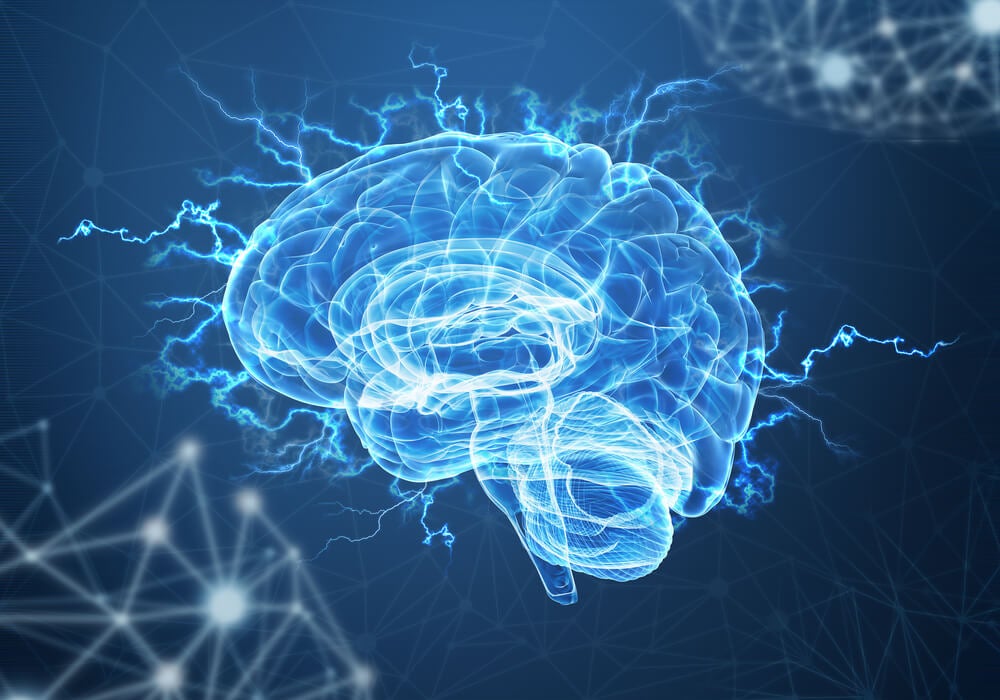It is often said that the dependent brain harbors between three and five people or forces. There is an uncontrollable will that seeks only the well-being that addiction generates.
Another wish anticipates that the absence of an addiction product will generate, in the short and long term, anxiety, depression, withdrawal syndrome, etc. Your other one?They have the silhouette of their loneliness, the weight on their consciousness, the shape of the family and the weight of fear.
- The presence of all these voices does not correspond in any way to the classic profile of a person with multiple personality.
- If there is one good thing to know about addictions is that they completely fragment your own identity.
- Your thinking and your will.
Addiction is like a thief waiting patiently in a corner to invade property and destroy every part of our brain, mind and dignity.
“I became convinced that, for some mysterious reason, I was not vulnerable and would not be addicted. But addiction is non-negotiable and, little by little, has been growing in me like a fog. “Eric Clapton-
Sometimes even the most refined techniques of behavioral therapy can’t change addiction and give up. For this reason, one more strategy to reconnect an addict’s brain may also be the medical and pharmacological goal.
However, make no mistake. Drugs alleviate withdrawal syndrome and many associated side effects, but the neural pathways generated by addiction, as well as certain habits of thought and behavior, do not always initially respond to such treatments, it is a long and difficult process that requires multidimensional concentration.
This leads many people with chemical or behavioral addictions to find themselves in dead end alleys, these corridors are like revolving doors through which they enter and leave until they are effectively confronted with a strategy, concentration or assistance that works for each person according to their needs. characteristics and needs.
When we talk about addiction, it is common to immediately imagine someone using drugs, hallucinogens or heavier substances, such as amphetamines, we forget that it has many faces, many forms and behaviors, there are people who are addicted to shopping, others who can. Don’t put your cell phone aside, etc. There are also people addicted to sex, sport, gambling, food, etc.
An addict is not just an alcoholic or a person who uses heavy drugs or certain drugs, these are essentially inappropriate behaviors by which a person develops physical and psychological dependence on a substance or certain behavior.
From there, a whole range of possibilities are opened up where the result is always the same: lack of capacity to develop normally in life, loss of health and suffering.
If we stop to think about the existence of an element common to all addictions, we will find it. At the Fourth International Conference on Behavioral Addiction, held in Budapest last year and promoted by the Journal of Behavioral Addictions, it was concluded that coercion is the common denominator in all cases.
Naomi Fineberg, a psychiatrist and neuropharmacology specialist at the University NHS Foundation Trust (HPFT) in Hertfordshire, England, explained that people with addictions have an obsessive-compulsive disorder, as well as low cognitive flexibility and limited or non-existent personal goals.
The dependent brain always shows certain changes in the ventral areas of the prefrontal cortex, a region related to importance and emotional control.
Thus, what most neurologists and addiction specialists conclude is that people addicted to a particular substance or behavior provide their addictions with an emotional need.
However, in their constant quest to fill this gap, they end up having compulsive behaviors, behaviors that the brain cannot control and that feed on each other.
The addicted brain works differently. Its only objective, its most priority need, is to recover the well-being achieved with the use of the substance or certain behaviors, which gives it a momentary and limited pleasure.
Little by little, what? The external stimulant replaces the body’s own natural rewards and the brain needs more.
On the other hand, there is one aspect that we cannot ignore: when we talk about alcohol and drug use, the changes in the brain are huge, sometimes devastating.
As we have said, the dependent brain may sometimes have chronic changes; poisoning by certain substances damages short-term memory and the ability to retain new information; alcohol, for example, has a serious impact on the brain, interfering with aspects such as motor coordination.
What does this mean and what does it have to do with the dependent brain?Basically, there’s hope. Just as many brain damage patients can improve certain aspects to have a better quality of life, so can dependents.
This would be the case, fundamentally, to generate new synaptic models based on new behaviors and thoughts, a gateway to change that is taking place in many clinics and rehabilitation centers, with good success rates.
Science and knowledge about the human brain are constantly evolving, which will make it easier to give better answers to all kinds of needs.
We look forward to new discoveries.

